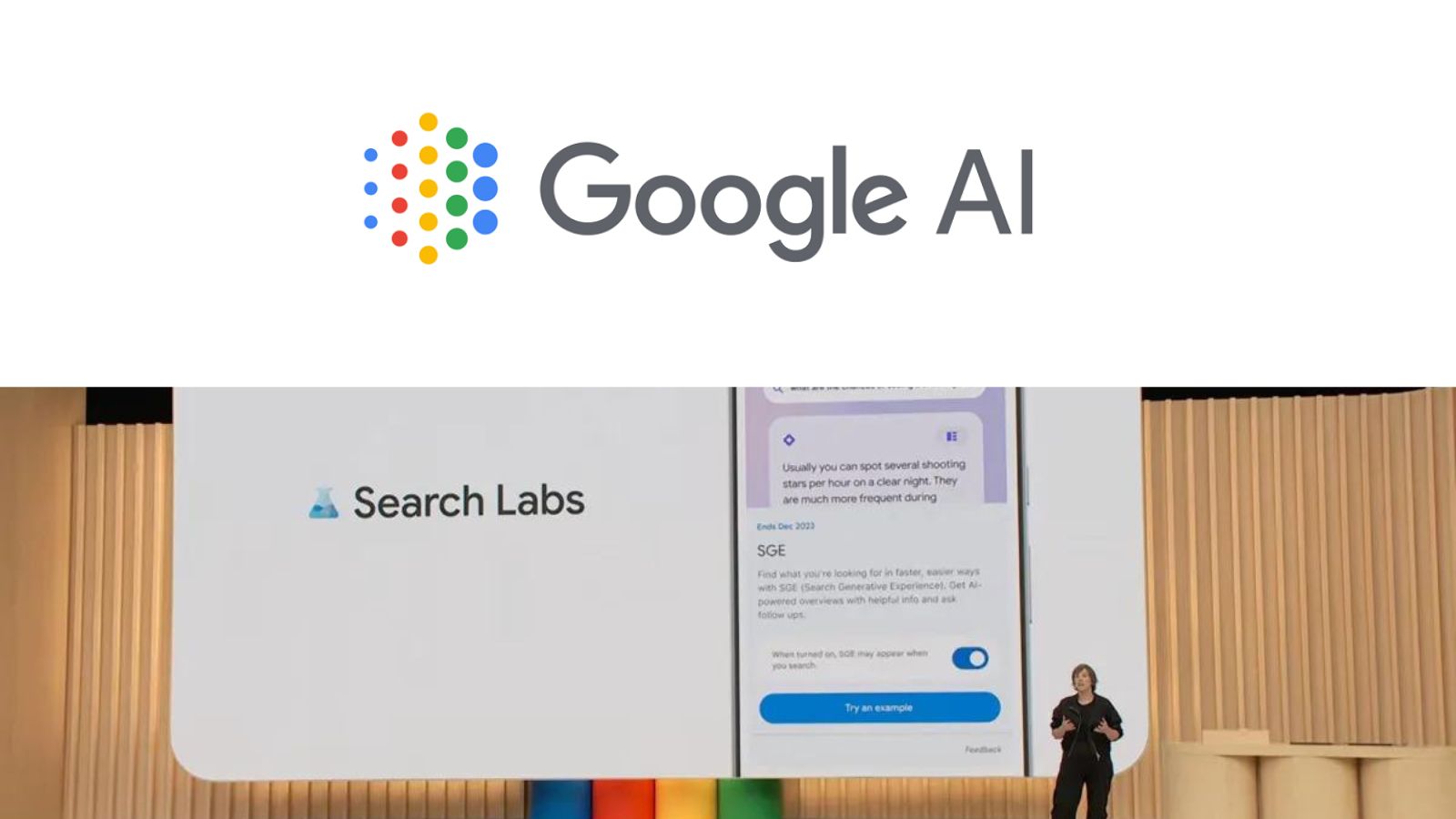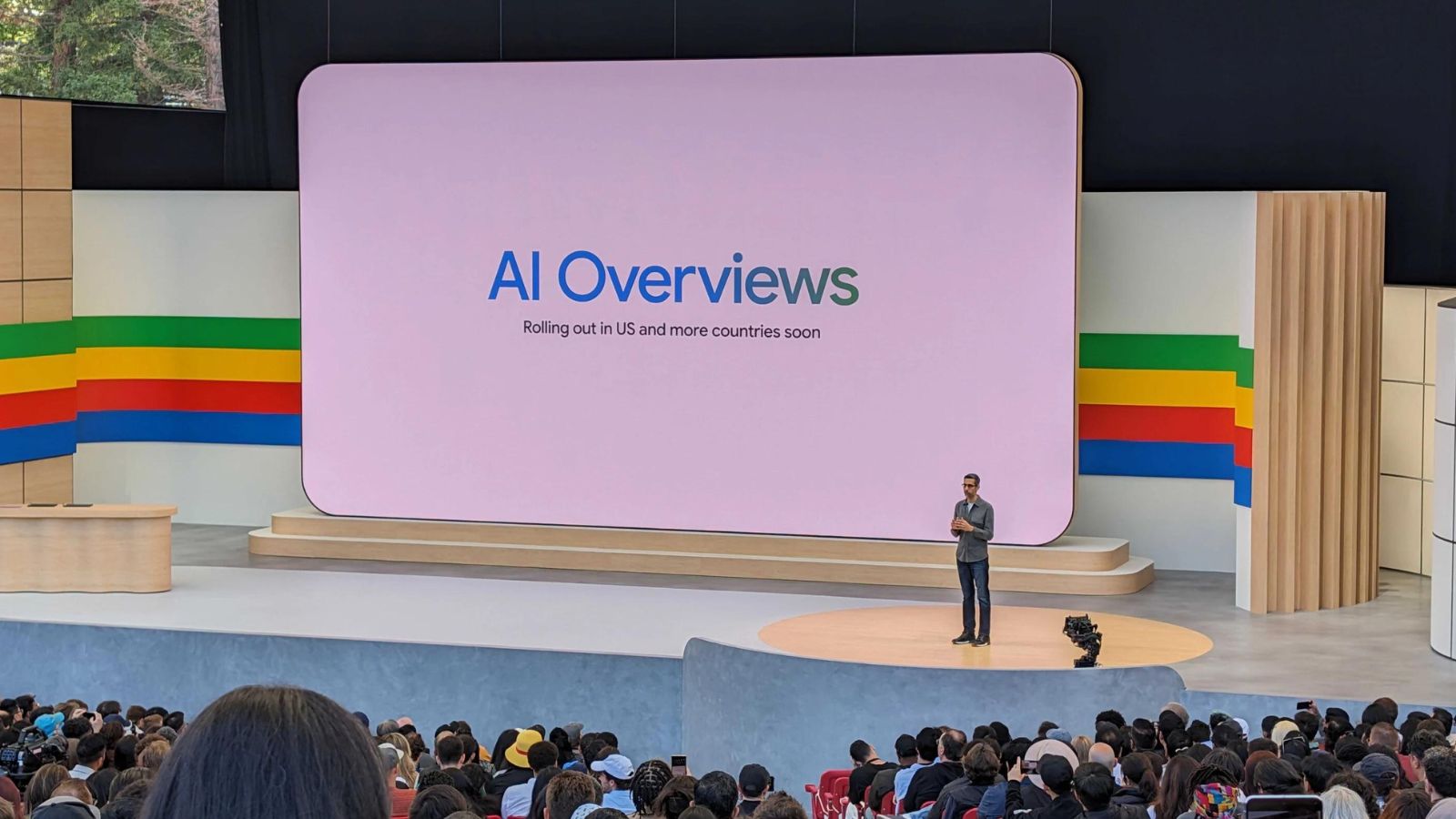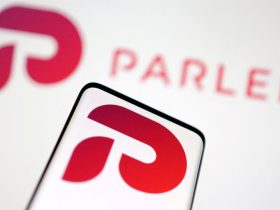Data indicates that Google AI summaries are shaking up ecommerce visibility by sourcing product data from non-ranking outlets.
An examination of 25,000 ecommerce queries conducted by Bartosz Góralewicz, the founder of Onely, uncovers the influence of Google’s AI summaries on search prominence among online vendors.
The analysis reveals that 16% of ecommerce searches now yield an AI summary in the search results, constituting 13% of the search volume in this domain. Significantly, 80% of the sources cited in these AI summaries do not hold organic rankings for the original query.
“Securing a #1-3 ranking only provides an 8% chance of being featured in AI summaries,” Góralewicz remarked.
International SEO expert Aleyda Solis examined the disparity between conventional organic ranking and inclusion in AI summaries. Solis suggests that, for product-related queries, Google favors an “accelerated” approach over summarizing existing ranking pages.

Commenting on Góralewicz’s findings, Solis remarked: “Instead of offering high-level summaries of what’s already organically ranked below, Google is ‘accelerating’ the experience in ecommerce by preemptively displaying what the user is likely to access next.”
Solis elaborates that for queries where Google previously ranked category pages, reviews, and buying guides, it now leapfrogs these results with AI summaries.
As noted by Góralewicz, this could represent an initial phase, with speculation that “Google will expand AI summaries for high-value queries when ads are enabled,” based on data indicating their current exclusion for high-cost-per-click keywords.
An extensive report encompassing ecommerce and publishing insights is anticipated soon from Góralewicz and Onely, offering further illumination on this search trend.
SEJ’s Interest

AI summaries signify a shift in how ecommerce websites attain search visibility. With most summaries currently drawing product data from non-ranking sources, the traditional nexus between organic rankings and search traffic is being disrupted.
Retailers may need to recalibrate their SEO strategies to thrive in this evolving search engine space.
Despite posing challenges for established brands, AI summaries present novel opportunities for retailers to enhance visibility without engaging in cutthroat competition for premium keywords.
Ecommerce platforms can potentially surmount conventional ranking obstacles by optimizing product data and detailed pages for Google’s “accelerated” product showcases. The comprehensive evaluation framework offered by Solis empowers merchants to assess their exposure and prioritize optimization endeavors accordingly.







Leave a Reply